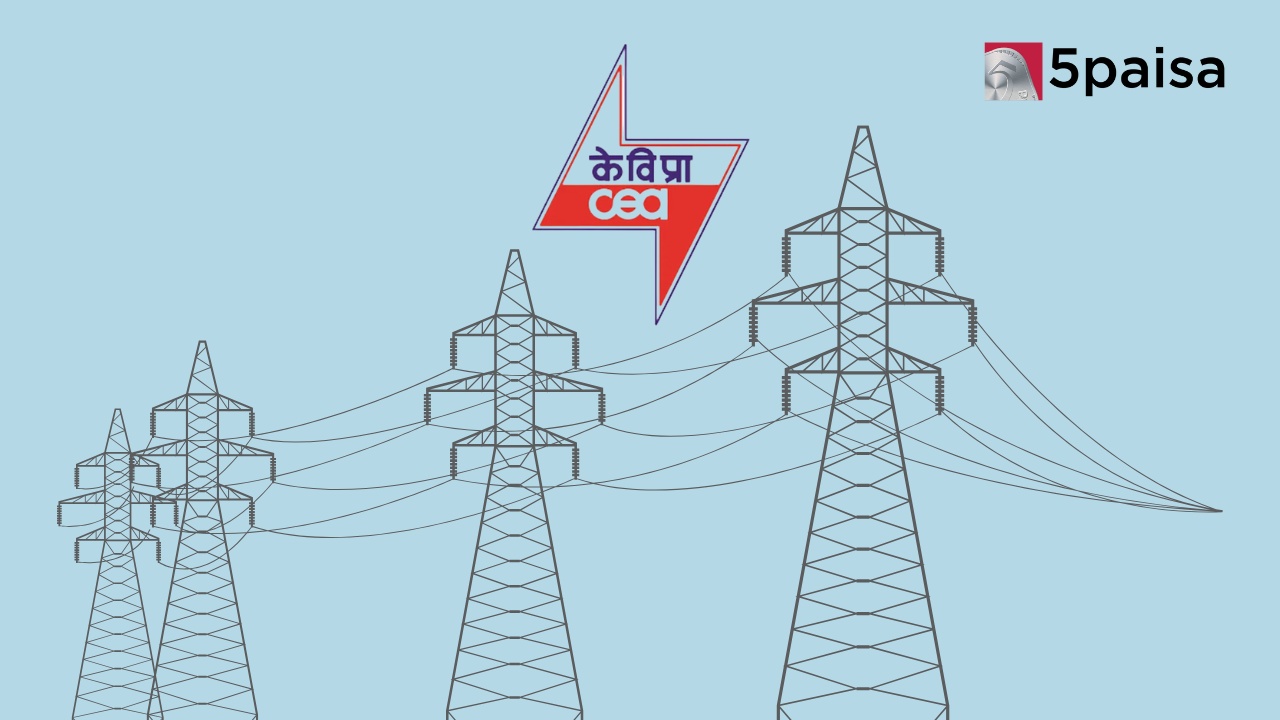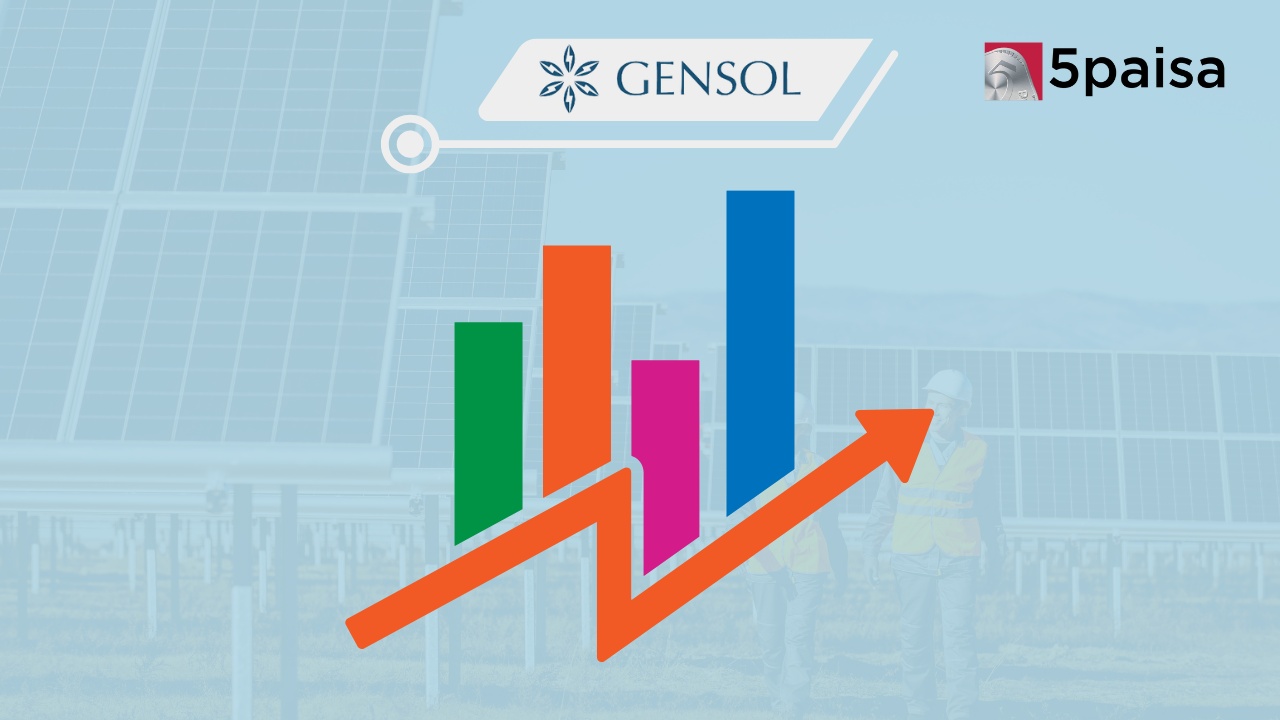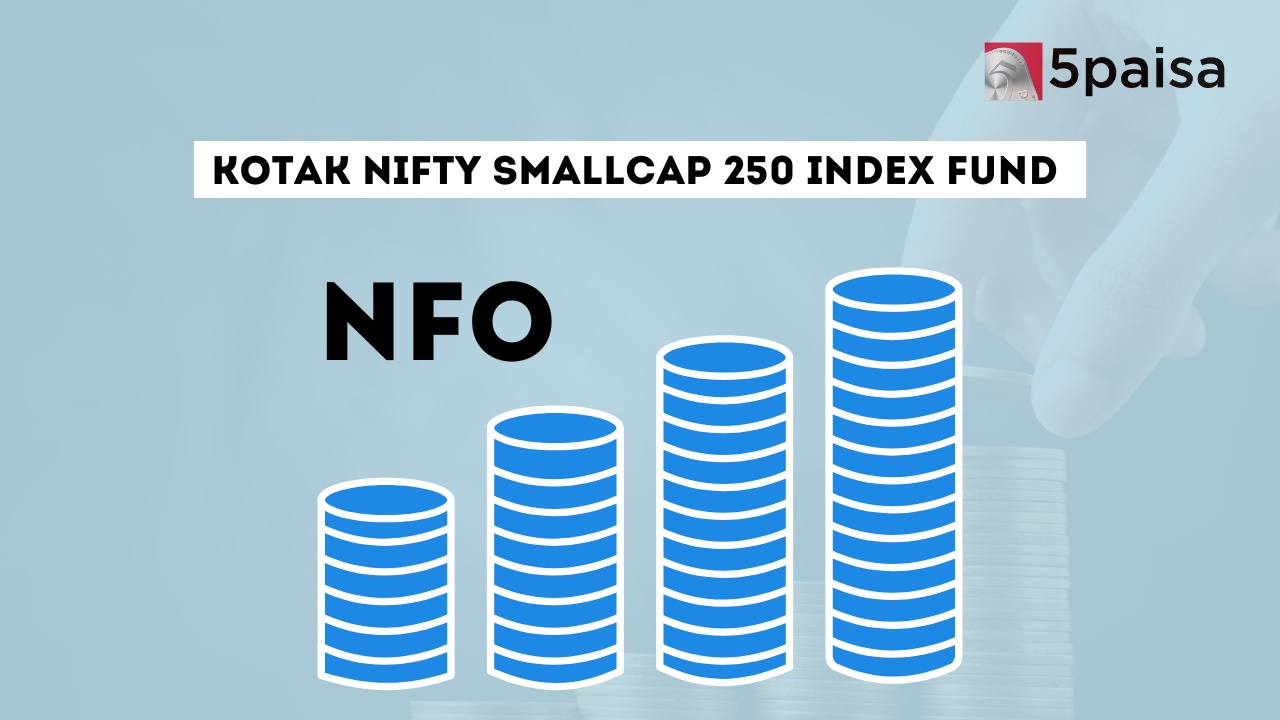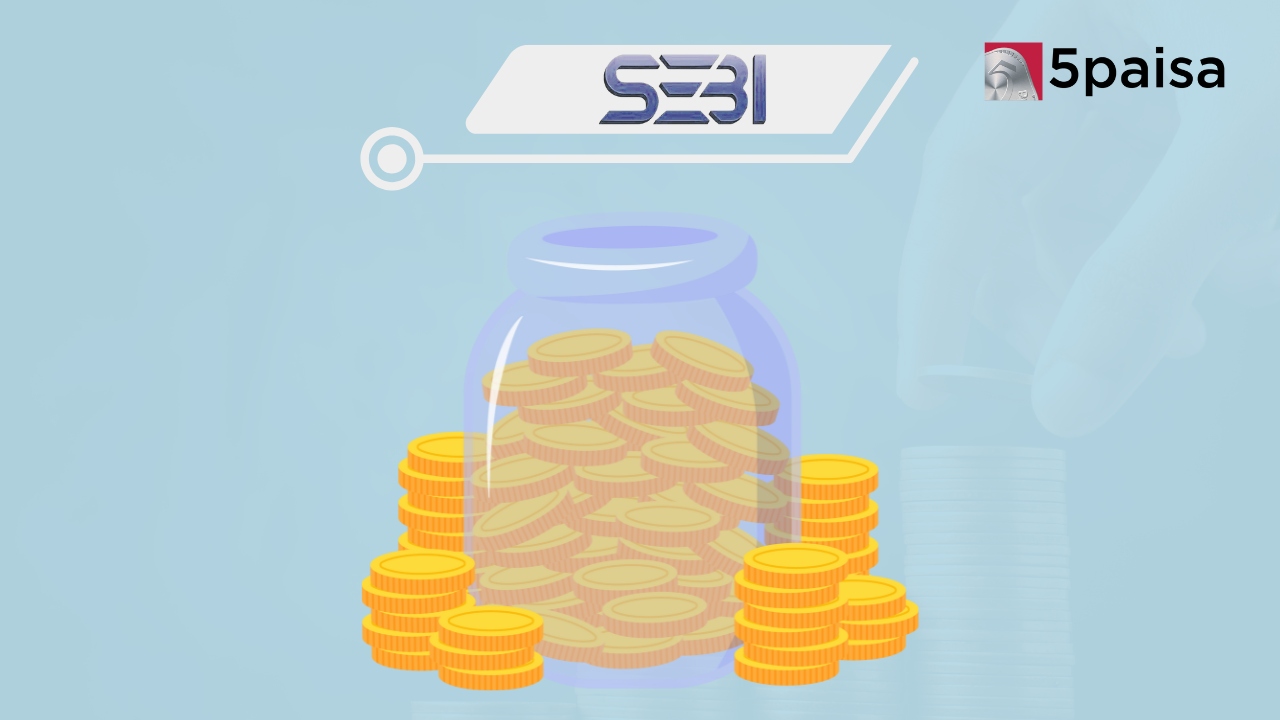OMCs may take Rs10,000 crore hit on profits in Q1FY23

Last Updated: 12th July 2022 - 01:11 pm
The first quarter of the current fiscal is likely to be challenging for the oil marketing companies. In India, oil marketing is dominated by Indian Oil Corporation (IOC), Bharat Petroleum and Hindustan Petroleum, which jointly account for about 85-90% of all fuel that is sold in India. For the Q1FY23, these 3 companies are expected to post a combined net loss of Rs10,700 crore. That is largely because these companies have been forced to sell petrol and diesel much below the landed cost of crude oil, incurring huge losses in their books.
All the 3 companies in the downstream oil sector viz. IOCL, BPCL and HPCL have refining capacity and also market petrol and diesel. Normally, Indian oil refining companies have been having a great time in the market with the Singapore gross refining margins (GRMs) above $22/bbl. However, amidst record GRMs and inventory translation gains, these companies are going to lose out heavily on their marketing margins since they have not been permitted to raise the price of petrol and diesel in tandem with the crude spike.
Brokers estimate that currently for every litre of petrol and diesel sold by the 3 downstream oil companies through their fuel pumps, they are losing around Rs12-14 per litre. This is more than offsetting the benefits of strong refining performance during the quarter. In the current quarter, the GRMs are likely to be strong at around $17-18 per barrel. However, if you add the inventory loss and the loss on marketing of oil, the net impact is likely to be negative. That is what the 3 oil marketing companies would be really worried in Q1FY23.
The net impact of these two offsetting factors would be that for the first quarter of the current fiscal ended June 2022, the three oil marketing companies viz. IOCL, BPCL and HPCL are likely to report an EBITDA loss of Rs6,600 crore. This is likely to translate into a net loss of Rs10,700 crore for the three OMCs combined in the first quarter ended June 2022. However, things are slated to improve in the coming months. That is because crude prices have tapered from a high of $140/bbl to $105/bbl. That should give some relief to OMCs.
The problems first came to light during the multiple state elections in early 2022 when the government literally put a freeze on petrol and diesel price hikes. In India, price hikes on petrol and diesel is an economic decision only up to a point. Beyond a point, this becomes a political and social decision. For instance, governments have in the past lost elections when they have tried to ride rough shod on inflation. Also, the spike in petrol and diesel can have strong downstream effects and also spur inflation, which is already high in India.
While the government did permit free pricing of petrol and diesel in 2015 and gave the full discretion to the oil marketing companies, that normally exists only on paper. The moment political and social issues of oil come to the fore; it is not possible for the government to permit a purely economic decision. That is the problem when oil goes above $100 per barrel. With the ongoing conflict in Russia and Ukraine and supply slow to come to the market, it looks like the oil marketing companies will continue to face this pricing dilemma.
- Flat ₹20 Brokerage
- Next-gen Trading
- Advance Charting
- Actionable Ideas
Trending on 5paisa
01
 5paisa Research Team
5paisa Research Team
06
 5paisa Research Team
5paisa Research Team
Indian Market Related Articles
Disclaimer: Investment in securities market are subject to market risks, read all the related documents carefully before investing. For detailed disclaimer please Click here.




